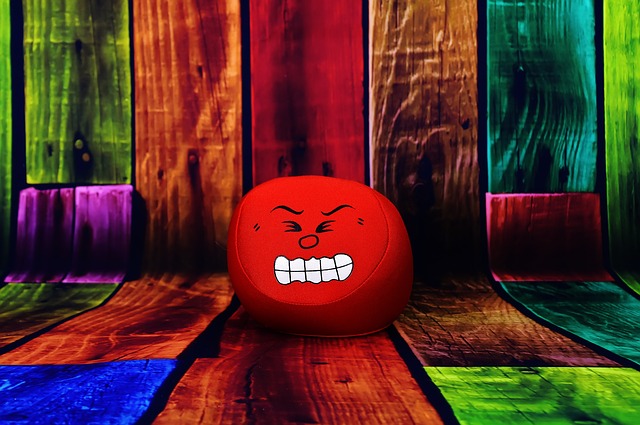Angry Depression
Angry moody teenagers when we think of depression, short-temperedness might be the last thing that comes to mind. However, studies have shown that anger is often associated with depression. Irritable depression, a subtype of depression characterized by a short fuse, is real. How can we identify it in our teens. And just as importantly, how can it be treated?
Angry depression
Irritable depression is hard to pinpoint in teens for more than one reason. The youths are notoriously moody. Due to the child rapidly developing brains. As well as social and familial pressures. This is hard for a parent to know whether their teen’s bouts of anger are normal. Like Phyllis Diller use to say “Never go to bed mad. Stay up and fight.”
―
Angry Depression
Parents there are times we get upset. When our teen blows a fuse this can become distressing. As a matter of fact can be downright embarrassing. Has a parent’s myself emotional response cloud our ability to identify. If our teen is suffering from despair. Or if they simply defy parental authority. Irritability—being quick to anger—is a symptom of not only depression. But other conditions as well, such as anxiety.
Angry mood or depression
One simple guide, we can use for determining. If irritability, anger, or moodiness is normal. Is how long it lasts. If it’s short-lived, then it is likely normal. A single bad night out of the week does not determine a diagnosis of angry depression. If it continues for two weeks or more, then something may be wrong. Of course, it is important to remember that irritability is just one of many possible symptoms of depression.
Out of control angry depression
Changes in diet, sleep, weight loss and lack social interaction. These are just a few signs and symptoms to look out for. If you suspect your teen may be suffering from depression. Talk to a medical or mental health professional. You might want to carry a list of the new troubling behavior patterns your child is displaying. So you don’t forget anything. Explain your concerns. The medical professional will run tests. They would be able to help you identify. What’s going on with your teenager.
Coping with angry depression & the diagnosis
If your child is diagnosed with irritable depression. What next? Treatment could be psychotherapy, outpatient counseling. And, if necessary, medication called antidepressants. While you might be tempted to try to get your teen’s condition under control yourself. Depression is an illness, and only trained professionals can treat it properly.
Support for your child angry depression condition.
That is not to say, though, that as a parent, you do not have a part to play. Familial support is extremely beneficial in recovery from depression. First of all, be understanding. Your teen doesn’t enjoy being moody. Second, remain calm. Responding in kind to their irritable behavior will not get you anywhere. Set clear and consistent boundaries for behavior and communication, both for your teen and for you.
Rules
Let your teen get more involved in setting rules, consequences for behavior. It’s a winning situation. When a parent gets involve show the child you care. They may complain. But engaging them in this way is empowering to them. Plus, any consequences for breaking these rules will be more effective. Because they were involved in creating them.
As a parent, you play a crucial part in not only identifying. But helping your teen and yourself cope with irritable depression. It may not be easy, but it is essential.





thank you for sharing this post this is so helpful. and I will follow your advice.